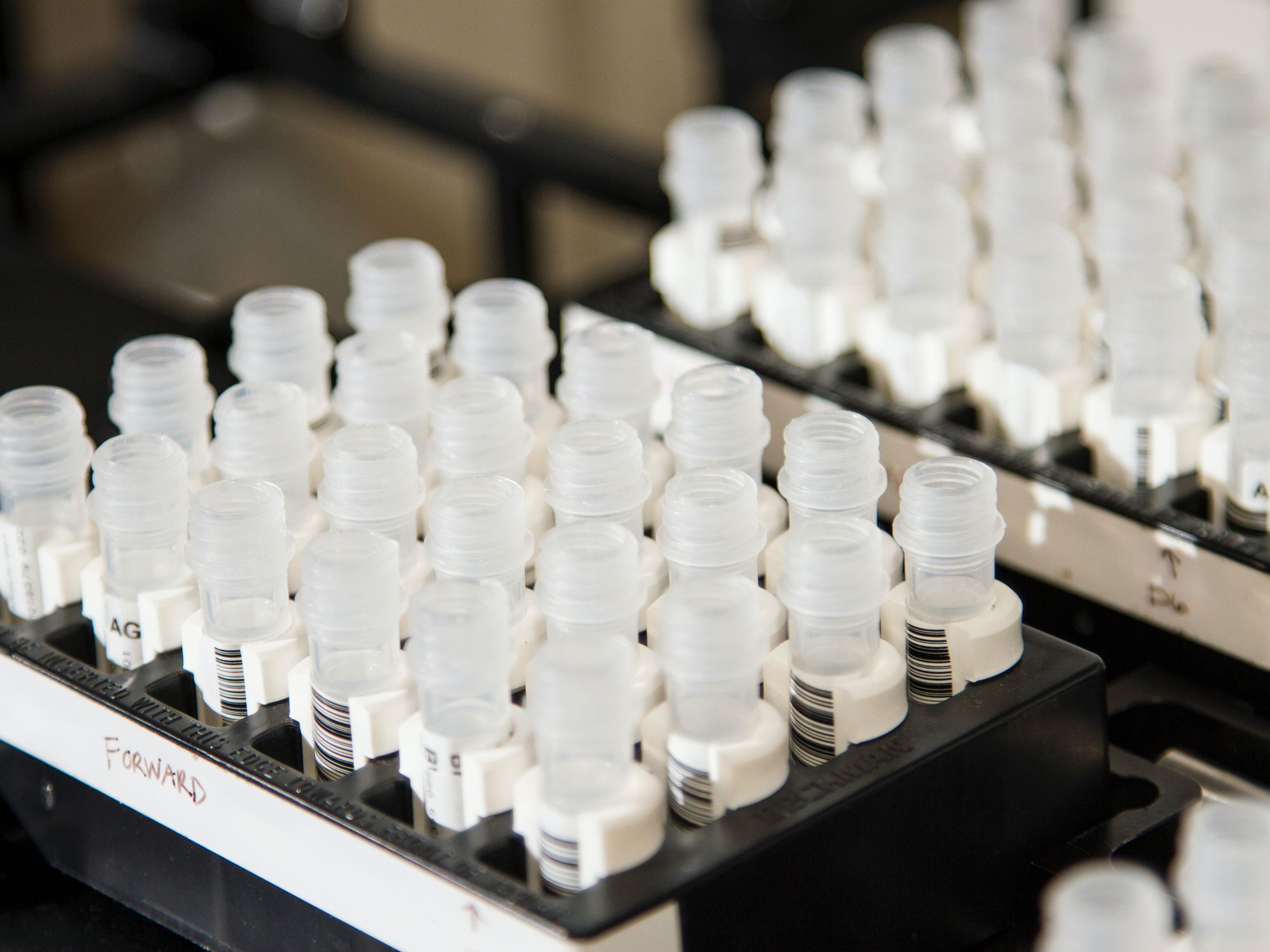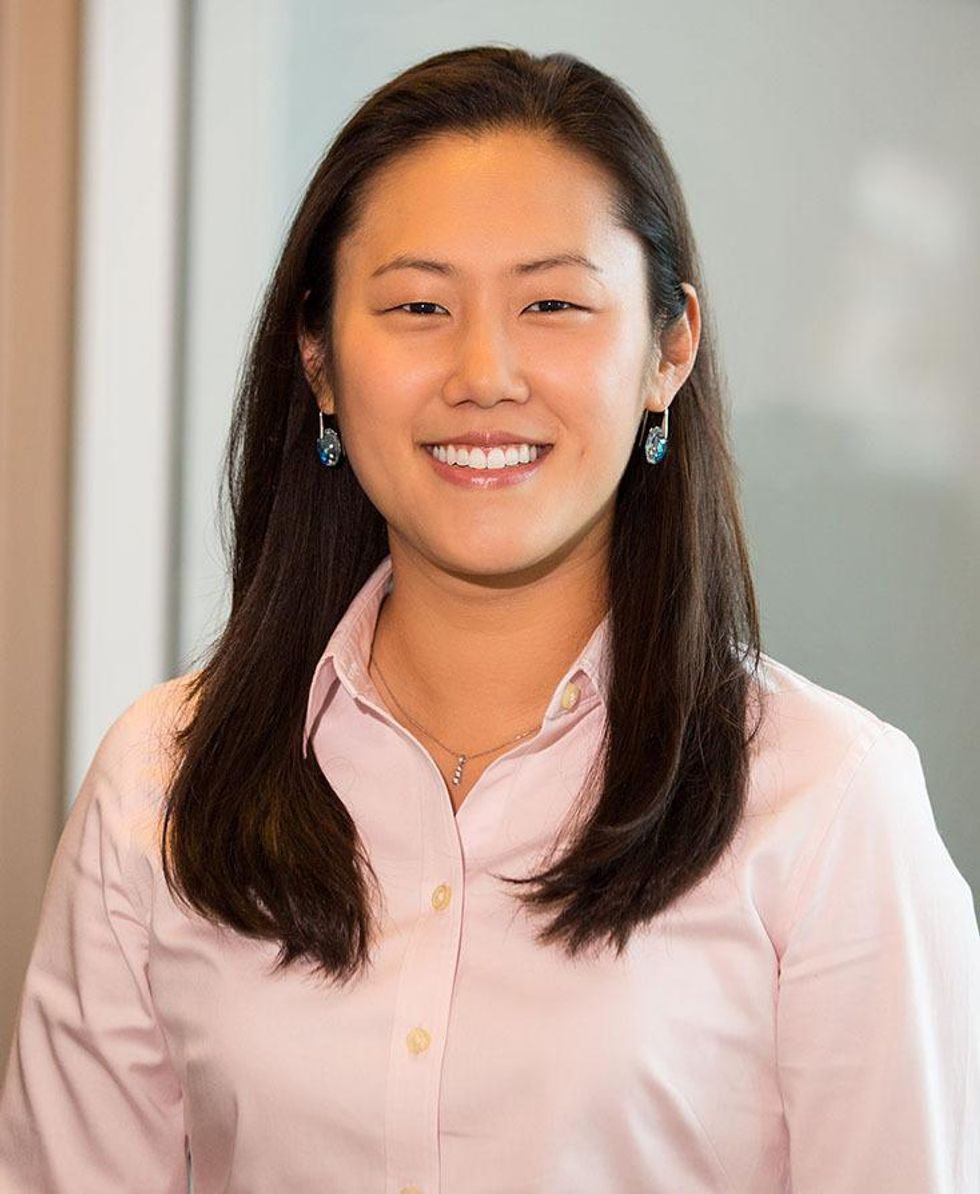Appia Bio Comes Out of Stealth Aiming to Offer Faster, Safer Cancer-Fighting Therapies
Keerthi Vedantam is a bioscience reporter at dot.LA. She cut her teeth covering everything from cloud computing to 5G in San Francisco and Seattle. Before she covered tech, Keerthi reported on tribal lands and congressional policy in Washington, D.C. Connect with her on Twitter, Clubhouse (@keerthivedantam) or Signal at 408-470-0776.

Cell therapy has taken the oncology world by storm.
For cancer patients who have tried every other treatment, cell therapies not only have the potential to kill cancer cells in the moment, but they can multiply and continue bolstering the immune system in the future. But the treatment — often used only as a last resort — is expensive, time-consuming and potentially fatal.
Appia Bio, a Westwood-based biotech startup that came out of stealth on Tuesday, hopes to speed up the process with a new type of treatment known as allogeneic cell therapies. The company is armed with $52 million in Series A funding led by venture capital firm 8VC.
The therapy is not yet targeted towards a specific cancer, but could have major impacts for oncology as a whole.
"One of the advantages is it's immediately available because a lot of these patients are actually quite sick. They can't really wait two weeks," said Appia Bio CEO JJ Kang.
Currently on the market are autologous (not allogeneic) cell therapies, or CAR-T therapies, that take a patient's white blood cells, reengineer them to eliminate cancer cells, and inject them back into the patient. The process usually takes two weeks. Kite Pharma, an early player in CAR-T therapies, received FDA approval for two therapies to treat certain lymphomas, and other big names like Amgen and Novartis have thrown their hats in the ring as well.

Appia Bio CEO JJ Kang
But there are financial barriers — one of Kite Pharma's therapies has a sticker price of over $373,000 for a one-time treatment. And the window in which these made-to-order therapies work is small — patients can only access CAR-T therapies after exhausting other every possible option, and by that time their organs may be too weak to properly benefit from cell therapy.
Appia Bio thinks it can offer faster, safer allogeneic cell therapies at scale using a patented platform created in a lab run by Dr. Lili Yang, an associate professor at UCLA.
The allogeneic cell therapy takes the white blood cells of others, instead of the patient's. It's not a smooth process — there's the dangerous possibility a cancer patient's immune system will detect the foreign cells as threatening, and fight against them. But the allogeneic process could net off-the-shelf results, potentially allowing people to get the treatment they need immediately.
"In some ways you can think of cells as these little integrative robots or machines...," Kang said. "And so, when done in the best way, it would recognize whatever it is that you wanted to do and then have a very finely tuned response to it that can potentially have better efficacy."
Appia's platform, ACUA (Appia Cells Utilized for Allogeneic), generates often hard-to-find iNKT-cells from hematopoietic stem cells to create the therapy. Appia hopes that using iNKT cells will trick patients' immune systems so their bodies will be less likely to attack the foreign specimens.
"They all have risks associated with them," Dr. Eunjoo Pacifici, a professor at the USC School of Pharmacy, said. "But the potential benefits of these products is so significant that the FDA looks for ways to allow these products to be on the market but in a very strictly managed way so that the risk is managed."
Appia Bio isn't the only one trying to create bulk cell therapies. Caribou Biosciences announced in March it had $115 million to develop allogeneic cell therapies, and Poseida Therapeutics is working on a slew of allogeneic cell therapies as well.
"Cell therapy has delivered really durable efficacy for the subset of patients that it works for," Kang said. "It's really been transformative as far as its kind of curative potential."
Editor's note: This story has been updated to clarify ACUA's functions.
- Freeflow Venture Firm Launches to Back Caltech Startups - dot.LA ›
- Quantgene Aims to Detect Cancers Far Earlier Using Data - dot.LA ›
- ImaginAb Aims to Help Our Immune Systems Better Detect Late-Stage Cancer - dot.LA ›
- Capsida Biotherapeutics Opens a New Manufacturing Facility ›
- Appia Bio, Kite Pharma to Partner to Scale Cancer Therapies - dot.LA ›
- LA Is the Epicenter of the Next Big Cancer Treatment - dot.LA ›
Keerthi Vedantam is a bioscience reporter at dot.LA. She cut her teeth covering everything from cloud computing to 5G in San Francisco and Seattle. Before she covered tech, Keerthi reported on tribal lands and congressional policy in Washington, D.C. Connect with her on Twitter, Clubhouse (@keerthivedantam) or Signal at 408-470-0776.




 Image Source: Skyryse
Image Source: Skyryse
 Image Source: Northwood Space
Image Source: Northwood Space